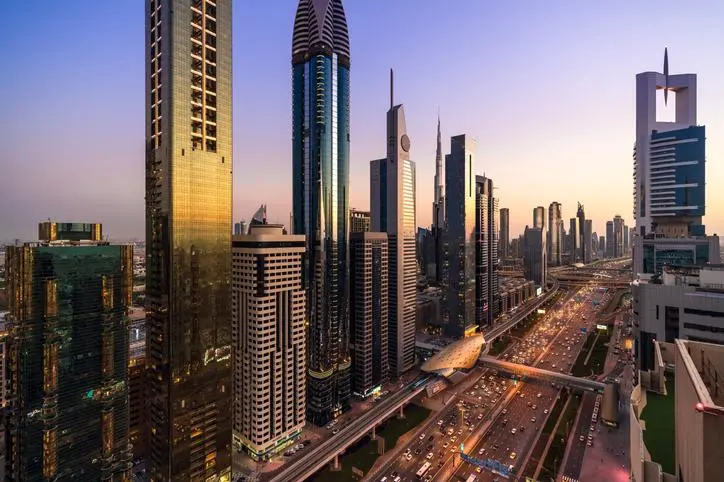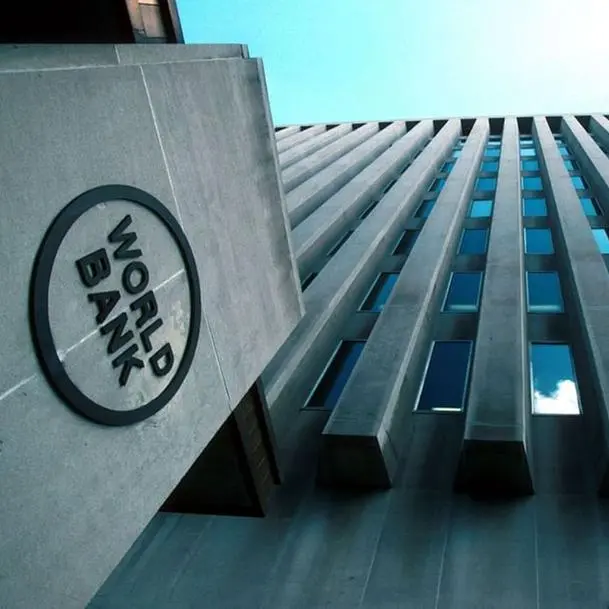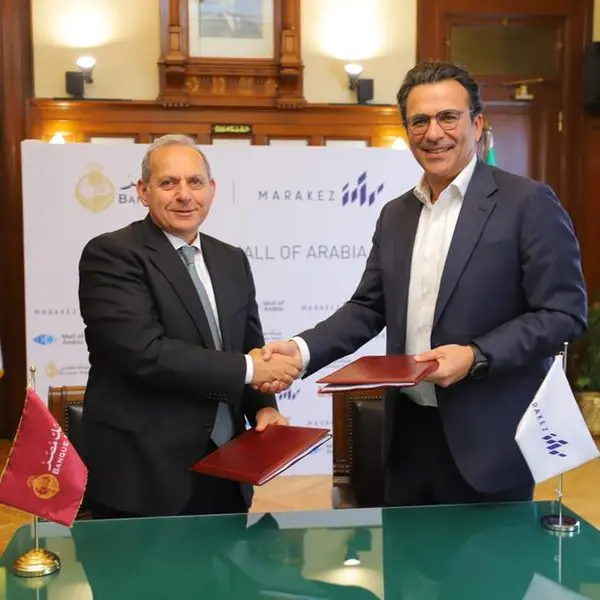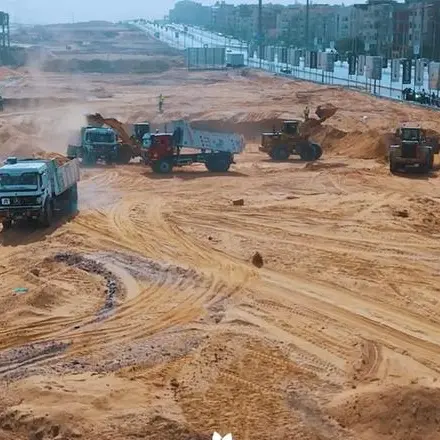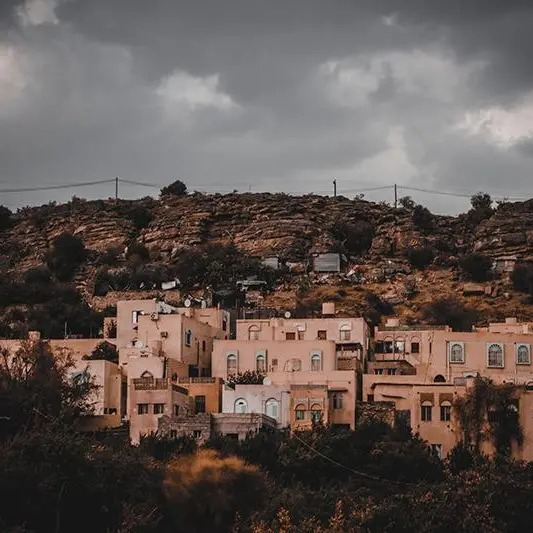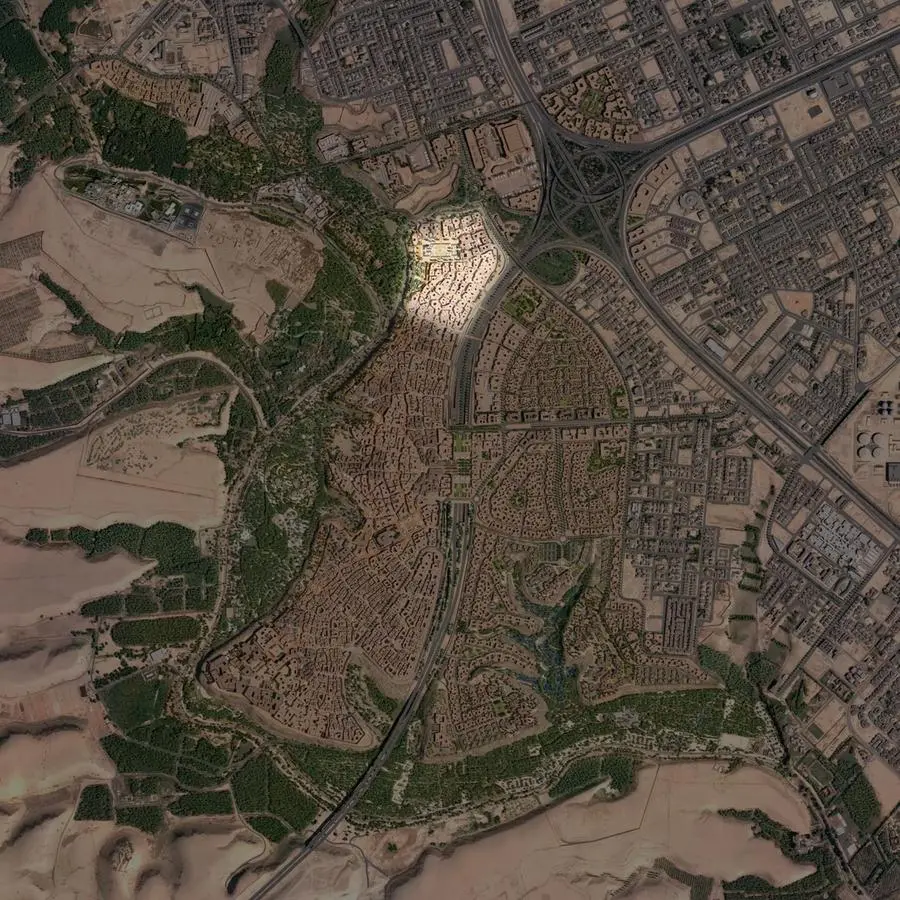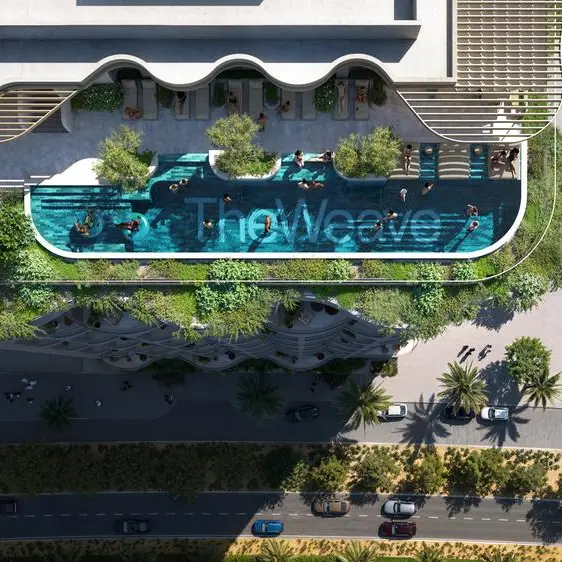PHOTO
On June 10, 2025, the European Commission officially removed the United Arab Emirates from its list of high-risk third countries for money laundering and terrorism financing. Known widely as the “AML blacklist,” this designation had long cast a shadow over cross-border transactions and capital flow - particularly affecting sectors like real estate that rely heavily on international investor confidence.
The decision follows the UAE’s earlier delisting from the Financial Action Task Force (FATF) grey list in February 2024. That the EU took more than a year to align with FATF raises questions about the consistency and intent behind such classifications.
But for the UAE, and especially its real estate sector, this long-overdue course correction marks a significant milestone - one that promises to unlock capital, restore trust, and accelerate global investor engagement.
Unlocking investor momentum
Real estate markets operate on momentum - and that momentum is powered by trust. Being labeled high-risk, even temporarily, creates friction in financial operations, adds layers of compliance costs, and pushes institutional investors to the sidelines.
With this decision, the gates to European capital are opening wider. The removal of the UAE from the EU blacklist means European financial institutions, investment funds, and family offices will face fewer compliance barriers when transacting with UAE-based developers or acquiring property in the country. This paves the way for more efficient deal-making, enhanced mortgage access, and faster fund flows - particularly in luxury real estate, branded residences, and commercial investment assets.
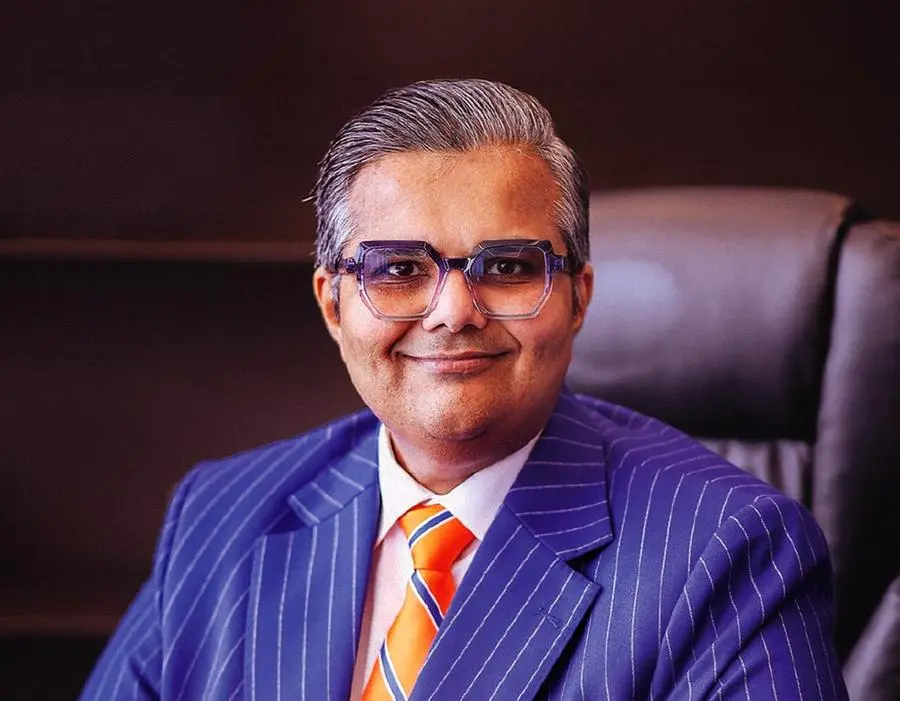

For real estate, compliance equals confidence. And with this delisting, we’re about to see a wave of European capital flow into UAE’s most dynamic developments.
Dubai and Abu Dhabi - already enjoying record-breaking performance over the past two years - are set to benefit most. But this reputational boost will also ripple into emerging markets like Ras Al Khaimah and Sharjah, where high-end developments and hospitality-led real estate are gaining traction.
From bureaucracy to opportunity
For developers, the impact is multifaceted. Beyond foreign direct investment, this opens the door to new forms of funding - from structured finance and development equity to real estate investment trusts (REITs) targeting Gulf assets. UAE developers can now explore joint ventures, pre-sales, and cross-border launches in the EU with fewer legal roadblocks.
At the buyer level, the shift is equally significant. European HNWIs and second-home buyers will find it easier to transfer funds, secure local financing, and complete real estate transactions without triggering additional scrutiny or delays.
This underscores a deeper point: regulatory labels often lag behind market realities. The UAE’s reforms — from strengthening AML/CFT enforcement and beneficial ownership regulations to implementing real-time financial monitoring — were implemented swiftly and decisively. It is this proactive governance that global investors have been rewarding, long before the EU formally acknowledged it.
The EU may have delayed its recognition, but the market never did. Investors have long seen the UAE as a transparent, high-yield haven - this move simply catches up with that reality.
Newly blacklisted countries such as Kenya, Nepal, and Lebanon now face the same scrutiny the UAE has just shed. The UAE’s trajectory offers them a roadmap — but it also illustrates how long and unnecessarily burdensome the climb can be, even after reforms are enacted.
The EU’s decision is more than a bureaucratic update - it is a strategic unlock for the UAE’s economy. For real estate developers, it means wider access to capital, more global partnerships, and a restored sense of credibility in the international market. The message to investors is clear: the UAE is not only compliant - it’s compelling.
(The author is Founder of UAE-based Patheon Development. Any opinions expressed in this article are the author’s own)
Subscribe to our Projects' PULSE newsletter that brings you trustworthy news, updates and insights on project activities, developments, and partnerships across sectors in the Middle East and Africa.
